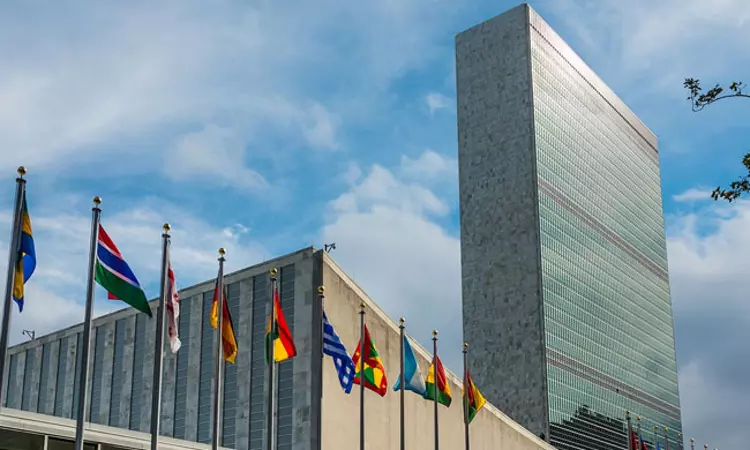India Votes Against Resolution For Abolition Of Death Penalty In 42nd UNHRC Session
Akshita Saxena
28 Sept 2019 5:21 PM IST

Next Story
28 Sept 2019 5:21 PM IST
In vote for a motion prohibiting death penalty as a mode of punishment at the 42nd Session of the United Nations Human Rights Council, India preferred to dissent and voted No. The motion collectively submitted by Belgium, Benin, Costa Rica, France, Mexico, Mongolia, Republic of Moldova and Switzerland, endeavored to protect the rights of persons facing death penalty and other...
